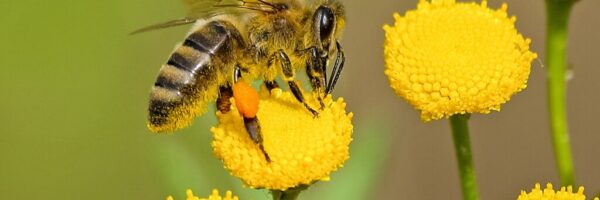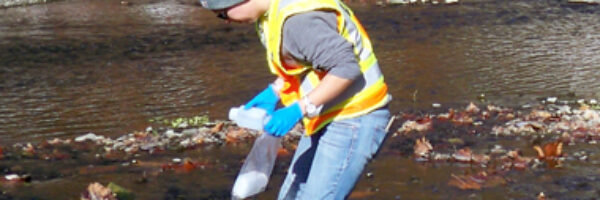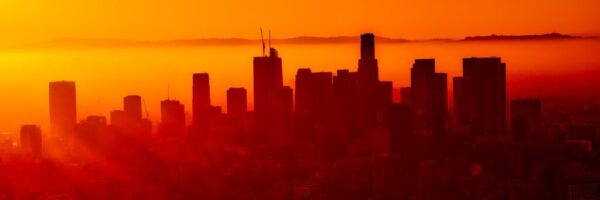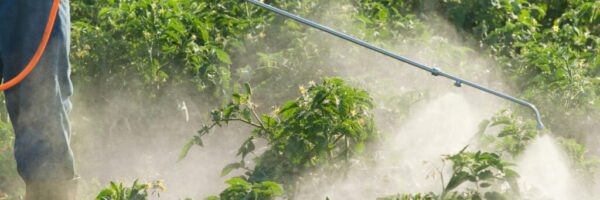
Postcard from California: How a local natural gas ban sparked a national culture war
By Bill Walker
Like some other once-fringe environmental ideas, this one began in Berkeley: In 2019, the staunchly progressive university town across the bay from San Francisco became the first US city to ban natural gas hookups in most new buildings, citing the fossil fuel’s contribution to the climate crisis.

“Not a hypothetical”: US water systems at risk from cyber attacks
By Shannon Kelleher
It’s been a little over two years since an unknown attacker tried to poison the water supply in Oldsmar, Florida by hacking into the computer system for the town’s treatment facility and boosting levels of sodium hydroxide in the water to perilously high levels.

Monsanto accused of wrongly excluding non-US citizen from Roundup settlement
By Huanjia Zhang
(This story was originally published in Environmental Health News and is republished here with permission.) Monsanto Co. and its corporate parent Bayer are facing a federal lawsuit for civil rights violations after they allegedly excluded a farmworker from a Roundup cancer settlement because of her immigration status.

Common dry-cleaning chemical could be a cause of Parkinson’s disease, scientists say
A chemical commonly used to dry clean clothes could be key contributor to the sharp rise in the spread of Parkinson’s disease in the United States, according to a paper published on Tuesday.

EPA announces proposed drinking water standards for six toxic PFAS chemicals
By Shannon Kelleher
The US Environmental Protection Agency (EPA) on Tuesday proposed national standards aimed at reducing levels of six harmful chemicals in drinking water. The move was applauded by health and environmental advocates who say the action is long overdue.

Scientists warn pesticide impacts may be worse than we thought
In California, regulators have rolled out a plan to eliminate “high-risk” pesticides from agricultural and urban use. In Mexico, officials have announced a ban on the widely used weedkiller glyphosate. And in Canada, regulators have implemented some new pesticide restrictions and are reviewing the potential for others.

Communities wrestle with pricey PFAS clean-up efforts
By Sascha Brodsky
On a recent wintry day, Deborah Brown walked along the edge of Lake Washington in Newburgh, New York, and pointed to a sign warning people not to fish because the waters are known to be contaminated with toxic chemicals.

Guest Column: Paraquat and the deliberate production of ignorance
Nearly 60 years ago, a chemical company found that skin exposure to very high doses of its weedkiller paraquat caused “weakness and incoordination” in rabbits.

Almost nobody on Earth is safe from air pollution, study says
Nearly the entire global population is regularly exposed to unsafe levels of air pollution, according to a study published this week. Researchers at Monash University in Australia analyzed air pollution data from across the globe between 2000 and 2019 to estimate global daily exposure to PM 2.5, a type of air pollution made up of inhalable particles 2.5 micrometers or smaller.

California pushes ahead with its new pesticide-reduction plan
By Pam Strayer and Carey Gillam
Amid mounting evidence of the risks some synthetic pesticides pose to human and environmental health, California regulators this week were pushing ahead with a recently announced “roadmap” aimed at transitioning the state to more sustainable options for managing weeds and insects.